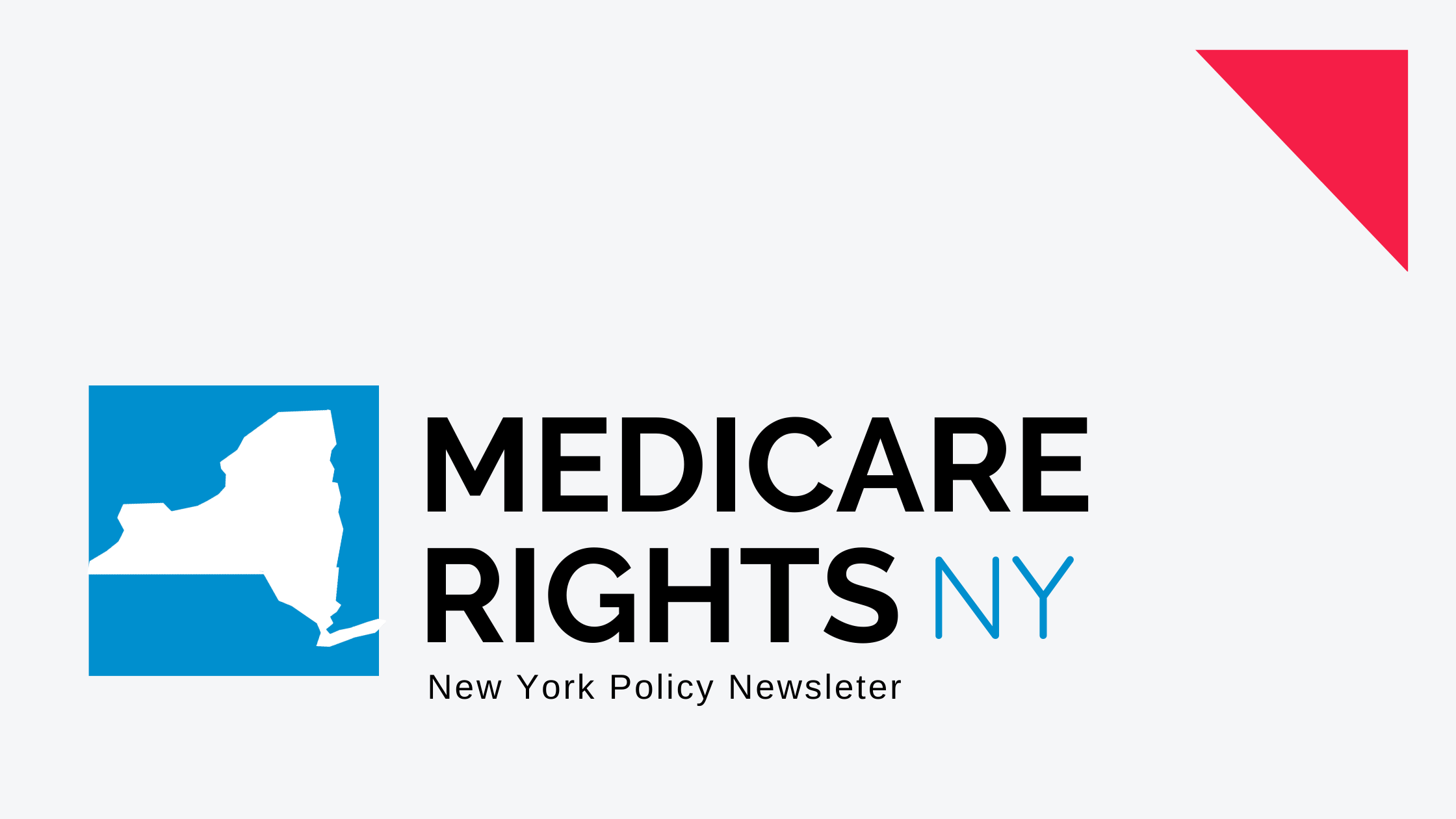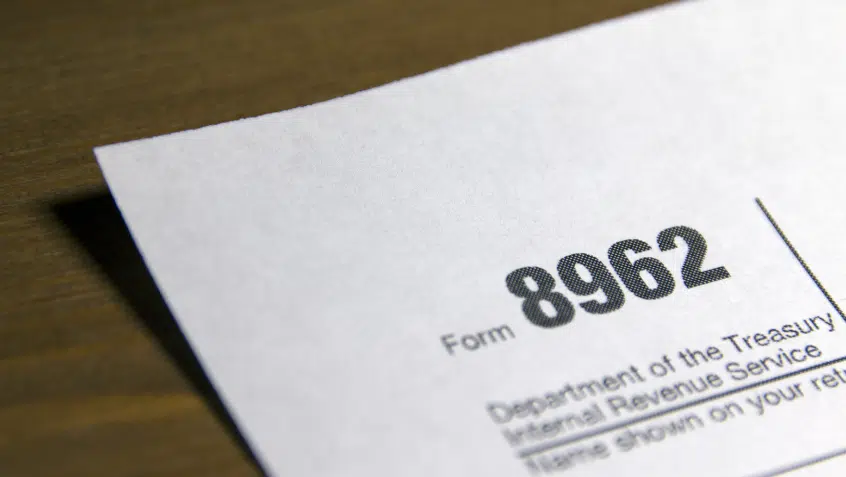
Medicare Rights Advocacy
Batch buy-in process implemented to improve Medicare Savings Program enrollment in New York State
Thanks to advocacy by the Medicare Rights Center and others, the New York State Department of Health (NYSDOH) and New York City Human Resources Administration (HRA) has implemented the batch buy-in process, which will help eligible New Yorkers get enrolled in the Medicare Savings Program (MSP).
The batch buy-in process identifies individuals with Medicaid who are eligible for but not enrolled in an MSP, specifically those eligible at the Specified Low-Income Medicare Beneficiary (SLMB) and Qualified Medicare Beneficiary (QMB) levels. Those who are missing either Part A or Part B of Medicare will receive that part of Medicare along with their MSP enrollment. Through this process, beneficiaries who did not enroll in Part A or Part B because of the cost of the premium will have their premiums paid for by the MSP (SLMB pays for the Part B premium, QMB for both Part A and Part B premiums).
Individuals who are successfully enrolled in an MSP and their missing part of Medicare will receive notices explaining the changes. Certain beneficiaries, including those in a Medicaid spend-down program whose coverage could be negatively affected by MSP enrollment, are excluded.
Medicare Rights would like to thank NYSDOH and HRA for their efforts implementing the batch buy-in, which has been a long-time goal of MSP advocacy and will help lower-income New Yorkers afford their health insurance costs.
New pages on Medicare Interactive provide information about Medicare coverage of telehealth and Medicare coverage during coronavirus public health emergency
Medicare Rights has added two new pages to Medicare Interactive’s Get Answers section. The first page reviews Medicare’s coverage of telehealth services. It explains the coverage rules under Original Medicare and provides information for beneficiaries in Medicare Advantage Plans. The second page reviews Medicare’s coverage of services during the coronavirus public health emergency. It explains coverage requirements and costs for coronavirus testing and an eventual vaccination. It also explains how coverage requirements have been changed for skilled nursing care, telehealth, and other services due to the public health emergency.
To view the pages, visit the Get Answers section of Medicare Interactive, or use the links below:
- Medicare coverage of telehealth services
- Medicare coverage during the coronavirus public health emergency
Upcoming Medicare Rights webinar on integrated appeals for dually eligible New Yorkers in Medicaid Advantage Plus
On September 1, Medicare Rights will host a webinar to educate New York professionals on the integrated appeals process for New York dual-eligibles enrolled in certain Medicaid Advantage Plus (MAP) plans. Medicare Rights staff will explain what advocates need to know about Medicaid Advantage Plus, integrated appeals procedures and timelines, and the benefits for beneficiaries in MAP. The webinar will also review other important topics for advocates who serve duals in MAP, including aid continuing and appeals for services excluded from the integrated process. There will be opportunity for Q&A, and interested individuals can register here.
For more information on MAP integrated appeals, visit Medicare Interactive.
New York State and Federal Government Updates
The BENES Act advances in the House
Recently, the U.S. House Committee on Energy and Commerce unanimously advanced the Beneficiary Enrollment Notification and Eligibility Simplification (BENES) Act (H.R. 2477). Next steps for the bill include consideration by the full House.
The BENES Act would update Medicare Part B enrollment rules for the first time in over 50 years, simplifying the process and empowering beneficiary decision-making. The current system is overly complicated and extremely confusing, and far too many people make mistakes when trying to understand and navigate it. The consequences of such missteps can be significant and may include a lifetime Part B late enrollment penalty. In 2019, about 764,000 people with Medicare were paying a late enrollment penalty and the average amount represented nearly a 30% increase in their monthly premiums. In addition to this considerable financial burden, many older adults and people with disabilities also face disruptions in coverage and care because of enrollment errors caused by current information and processes.
The BENES Act would require the federal government to notify individuals approaching Medicare eligibility about basic enrollment rules. It would also update enrollment timelines to eliminate unnecessary breaks in coverage and inform future policymaking on enrollment period alignment.
For more information on the BENES Act, please visit Medicare Rights’ blog.
New York City Human Resources Administration provides extension for Medicaid cases
HRA recently announced that all Medicaid cases in New York City due to renew in the months of March through October would be extended for 12 months. This means that no beneficiary will lose Medicaid for failure to renew or failure to provide documentation. The 12-month extension also applies to Medicare Savings Programs. The state is also restoring Medicaid and MSP coverage to those who may have lost it on or after March 18, 2020, for failure to renew or provide documentation.
Register for Medicare Rights NY
Medicare Rights NY is a regular email newsletter with updates on health policy and advocacy developments in New York State and their impact on older adults and people with disabilities. Stay up-to-date on key policy developments that affect older New Yorkers and those with disabilities.
The Latest
Most Read
Add Medicare to Your Inbox
Sign up to receive Medicare news, policy developments, and other useful updates from the Medicare Rights.
View this profile on InstagramMedicare Rights Center (@medicarerights) • Instagram photos and videos









